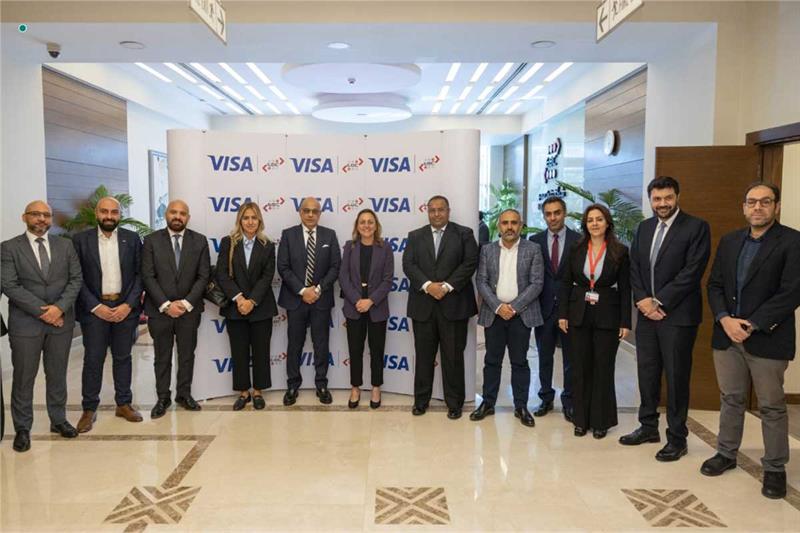South Africa’s Department of Home Affairs has introduced amendments to legislation pertaining to critical skills and digital nomad visas, in a bid to bolster its workforce with highly skilled individuals.
President Cyril Ramaphosa highlighted the importance of attracting skilled workers in his weekly newsletter, emphasising the need for a competitive economy that can foster growth and employment opportunities. Under the proposed changes, remote workers employed by foreign companies would be eligible for a visa to work in South Africa.
Digital nomad visas, a growing trend worldwide, are particularly targeted at highly skilled workers in the IT sector, including software architects and programmers. If approved, South Africa would join a select group of African nations, including Namibia, Cape Verde, Mauritius, and the Seychelles, offering such visas.
Read also: Vodacom, SA tech entrepreneur still in legal tussle
For critical skills visas, the draft regulations outline a points system considering various factors such as age, qualifications, language proficiency, work experience, and employment offers from local companies. This approach mirrors practices in other jurisdictions globally, with a specific focus on attracting high-earning workers in the IT sector.
President Ramaphosa emphasised the importance of adapting to the changing nature of work, especially in the tech industry, where remote work is increasingly popular. Remote workers and skilled individuals, attracted by South Africa’s lifestyle benefits, are expected to contribute significantly to the economy by spending their earnings locally.
Recognizing the potential of South Africa as a tourist destination, the influx of remote workers and skilled professionals is seen as beneficial not only for the professional landscape but also for stimulating economic activity through expenditure in local businesses.
Richard Firth, chairman and CEO of software engineering firm MIP Holdings, highlighted the positive impact of high-income earners qualifying for the visa, noting their contributions to local economies through spending on accommodations and goods and services.
President Ramaphosa also advised companies seeking to bring in skilled workers to utilise the Trusted Employer Scheme introduced by the Department of Home Affairs. This scheme aims to streamline the visa process for incoming employees by granting trusted employer status to eligible companies.
Ramaphosa underscored the value of employees with critical skills, citing their contributions to productivity, innovation, and the overall competitiveness of firms. The proposed visa amendments align with South Africa’s efforts to attract top talent and enhance its position in the global workforce landscape.
Africa’s Emergence in the Digital Nomad Visa Landscape
In Africa, several nations have recognized the potential of digital nomads – individuals who work remotely while travelling – and have implemented or proposed digital nomad visa programs to capitalise on this trend.
Among the pioneers in Africa’s digital nomad visa landscape is Namibia, which launched its Remote Work Visa program in 2021. This initiative allows foreign nationals to reside and work remotely in Namibia for up to six months, providing an opportunity to experience the country’s natural beauty and diverse culture while maintaining a professional career.
Similarly, Cape Verde introduced its Remote Work Visa program in 2021, welcoming remote workers to the picturesque islands for extended stays of up to 180 days. This initiative aims to leverage Cape Verde’s stunning landscapes and vibrant communities to attract digital nomads seeking a balance between work and leisure.
In Mauritius, the Premium Travel Visa program, launched in 2020, offers foreign nationals the opportunity to live and work remotely on the island for up to a year. With its idyllic beaches, tropical climate, and thriving business ecosystem, Mauritius has positioned itself as an attractive destination for remote workers seeking a high-quality lifestyle.
While the Seychelles has announced plans to introduce a Remote Worker Visa program, details of the initiative have yet to be released. Nevertheless, the prospect of working remotely from the breathtaking shores of the Seychelles is undoubtedly enticing for many digital nomads.
These digital nomad visa programs not only provide individuals with the freedom to work from anywhere but also contribute to local economies by generating spending on accommodations, goods, and services. Moreover, they showcase Africa’s commitment to embracing innovation and harnessing the opportunities presented by the evolving nature of work.
As remote work becomes increasingly prevalent globally, Africa’s emergence in the digital nomad visa landscape underscores the continent’s readiness to adapt and capitalise on new trends. By offering attractive visa options for remote workers, African nations are positioning themselves as competitive destinations for skilled professionals seeking both professional opportunities and enriching cultural experiences.
















